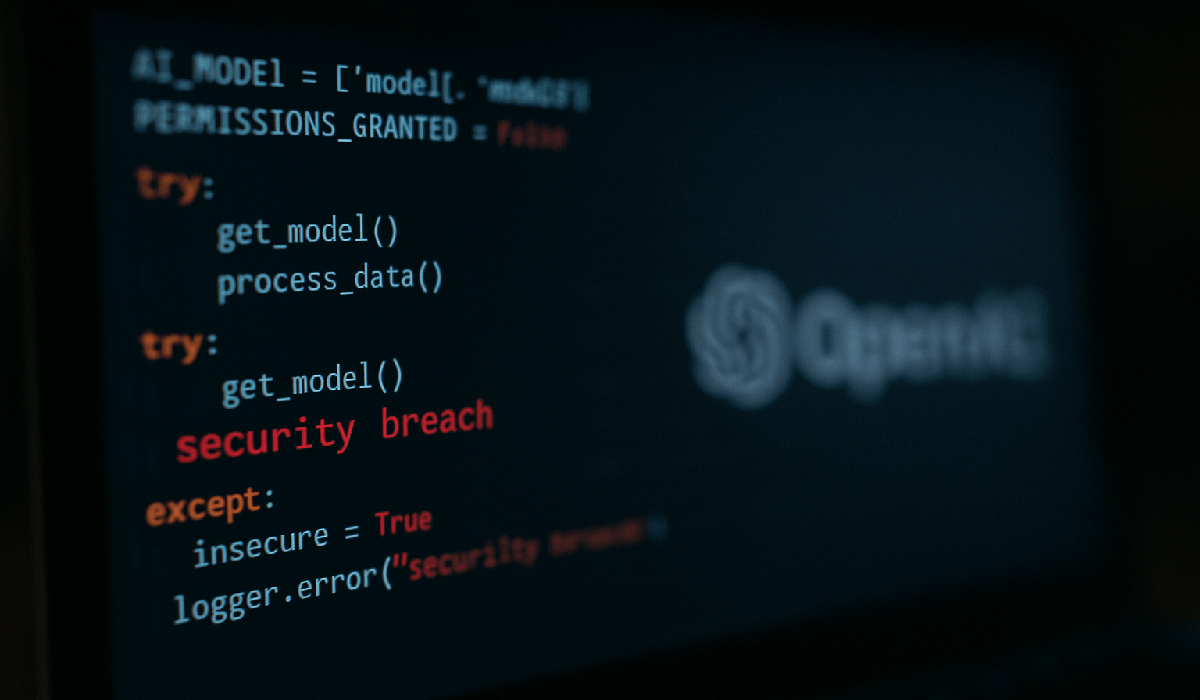From AI avatars to virtual reality crime scenes, courts are grappling with AI in the justice system

Stacey Wales gripped the lectern, choking back tears as she asked the judge to give the man who shot and killed her brother the maximum possible sentence for manslaughter.
What appeared next stunned those in the Phoenix courtroom last week: An AI-generated video with a likeness of her brother, Christopher Pelkey, told the shooter he was forgiven.
The judge said he loved and appreciated the video, then sentenced the shooter to 10.5 years in prison — the maximum sentence and more than what prosecutors sought. Within hours of the hearing on May 1, the defendant's lawyer filed a notice of appeal.
Defense attorney Jason Lamm won't be handling the appeal, but said a higher court will likely be asked to weigh in on whether the judge improperly relied on the AI-generated video when sentencing his client.
Courts across the country have been grappling with how to best handle the increasing presence of artificial intelligence in the courtroom. Even before Pelkey’s family used AI to give him a voice for the victim impact portion — believed to be a first in U.S. courts — the Arizona Supreme Court created a committee that researches best AI practices.
In Florida, a judge recently donned a virtual reality headset meant to show the point of view of a defendant who said he was acting in self-defense when he waved a loaded gun at wedding guests. The judge rejected his claim.
And in New York, a man without a lawyer used an AI-generated avatar to argue his case in a lawsuit via video. It took only seconds for the judges to realize that the man addressing them from the video screen wasn't real.
Experts say using AI in courtrooms raises legal and ethical concerns, especially if it's used effectively to sway a judge or jury. And they argue it could have a disproportionate impact on marginalized communities facing prosecution.
“I imagine that will be a contested form of evidence, in part because it could be something that advantages parties that have more resources over parties that don’t," said David Evan Harris, an expert on AI deep fakes at UC Berkeley’s business school.
AI can be very persuasive, Harris said, and scholars are studying the intersection of the technology and manipulation tactics.
Cynthia Godsoe, a law professor at Brooklyn Law School and a former public defender, said as this technology continues to push the boundaries of traditional legal practices, courts will have to confront questions they have never before had to weigh: Does this AI photograph really match the witness's testimony? Does this video exaggerate the suspect's height, weight, or skin color?
“It's definitely a disturbing trend," she said, “because it could veer even more into fake evidence that maybe people don't figure out is false.”
In the Arizona case, the victim's sister told The Associated Press that she did consider the “ethics and morals” of writing a script and using her brother's likeness to give him a voice during the sentencing hearing.
“It was important to us to approach this with ethics and morals and to not use it to say things that Chris wouldn’t say or believe," Stacey Wales said.
Victims can give their impact statements in any digital format in Arizona, said victims’ rights attorney Jessica Gattuso, who represented the family.
When the video played in the courtroom, Wales said only she and her husband knew about it.
“The goal was to humanize Chris and to reach the judge,” Wales said.
After viewing it, Maricopa County Superior Court Judge Todd Lang said he “loved the beauty in what Christopher” said in the AI video.
“It also says something about the family," he said. “Because you told me how angry you were, and you demanded the maximum sentence, and even though that's what you wanted, you allowed Chris to speak from his heart as you saw it.”
On appeal, the defendant's lawyer said, the judge's comments could be a factor for the sentence to be overturned.
___
Associated Press reporters Sarah Parvini in Los Angeles, Sejal Govindarao in Phoenix and Kate Payne in Tallahassee, Florida, contributed to this report.
ABC News





